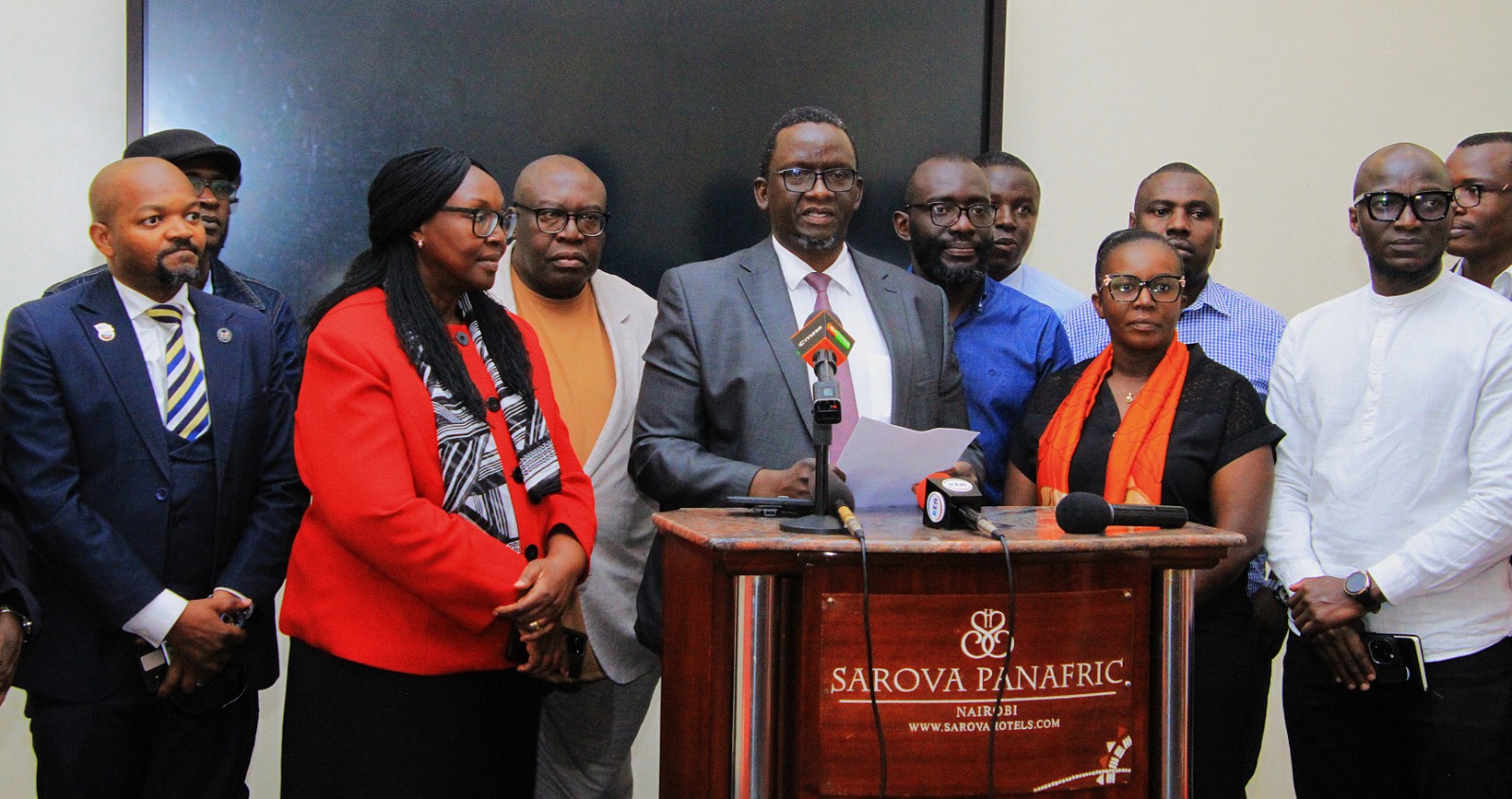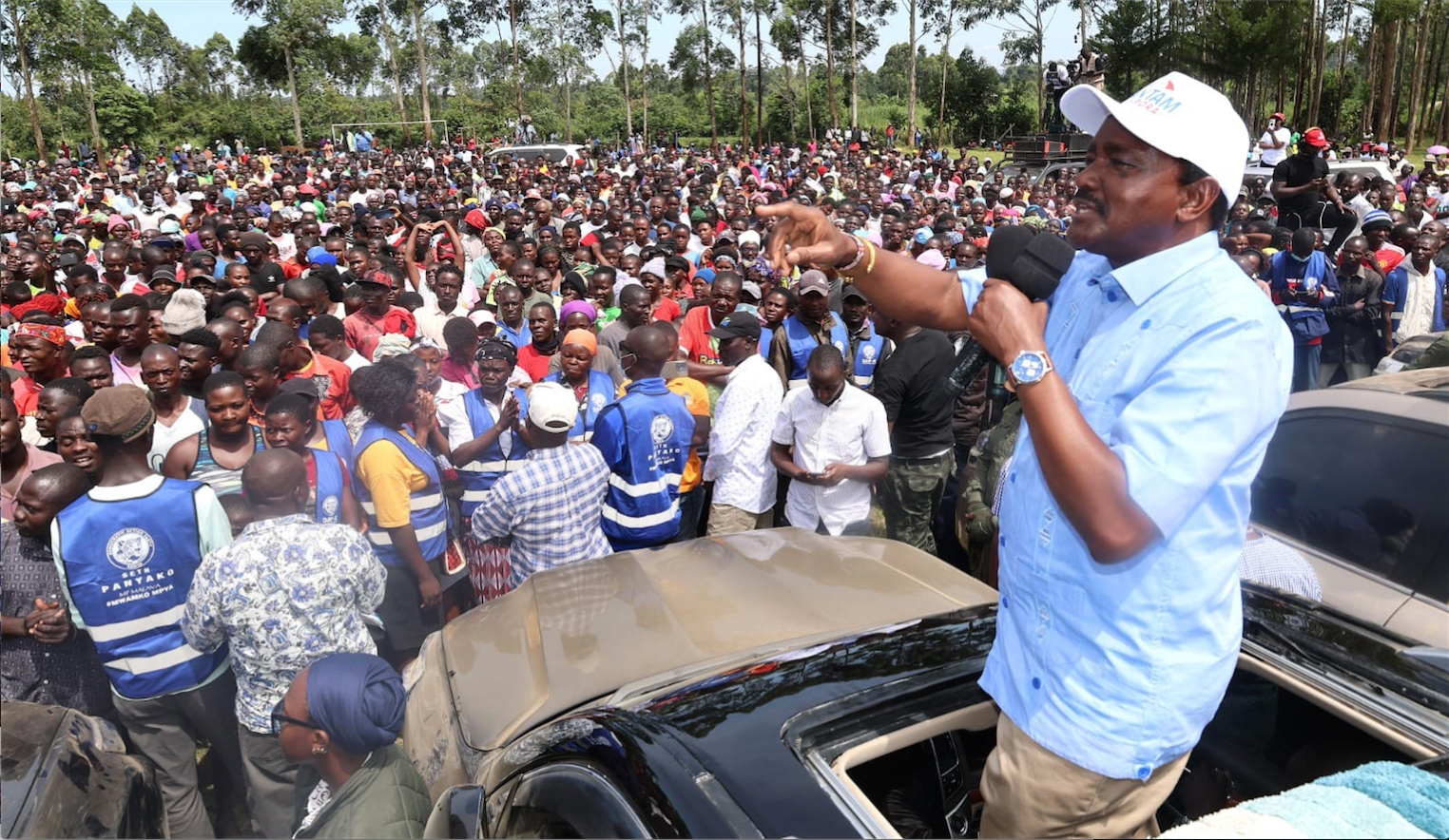In the semi-arid landscapes of Samburu, relief food has long been a lifeline for families.
Yet, despite its critical role, this aid often lacks the balanced nutrition needed for healthy development, particularly for children, and has led to a reliance on external support.
However, in Ngilai, a small village north of Wamba in Samburu East, the community is forging a new path towards self-reliance.
Traditionally, the Samburu people have depended on livestock for their livelihood, culture, and heritage.
But unpredictable climatic conditions, especially the devastating droughts that have plagued the region, have wreaked havoc on their livestock.
The most recent drought, which saw five consecutive failed rainy seasons, drove malnutrition rates to alarming levels.
In 2022, the county’s Global Acute Malnutrition (GAM) rate reached 22.3 per cent, as many pastoralists lost their livestock, leaving families dependent on relief food and cash transfers.
Amid these challenges, a growing number of Samburu families are turning to small-scale agriculture as an alternative livelihood.
With the support of USAID Nawiri, a programme led by Mercy Corps in collaboration with the Samburu County government, communities are learning to grow their own food.
One such person is Para Lepetaa, a 36-year-old mother of seven, who once relied solely on her livestock.
During a routine health check in 2022, two of her children were diagnosed with severe acute malnutrition, a result of the limited and repetitive diet of starch (unga) and milk.
When drought wiped out much of her livestock, her family struggled to survive on the little milk her two remaining cows could provide.
Now, Para is part of a local farming group cultivating green vegetables in a community garden.
Trained in smart agricultural practices by USAID Nawiri, she is able to grow nutritious food for her family.
“We used to wait for the chief to call us to collect relief food,” she recalls.
“Now, I can go to my garden, pick vegetables, and cook for my children. I also sell some to earn income for other household needs,” she says.
Para’s transition from livestock to farming has significantly improved her family’s diet, providing them with fresh, nutritious food.
"Growing my own vegetables has allowed me to provide healthier meals for my children, and I no longer worry about what they are eating," she says.
The nutritional gaps in relief food became stark when health officials identified two of her children as underweight and malnourished during a health screening.
The maize and beans typically provided in relief food, while essential, lacked the vitamins and minerals necessary for proper child development.
The shift towards farming is also being embraced by others in Ngilai.
Napushu farmers' group chairman Lbariti Lepuyapui reflects on the positive changes.
“Things have improved greatly. We now have the skills to grow our crops and manage our farms better. We’re less dependent on relief food, and our children are healthier,” Lepuyapui says.
Head of communication for USAID Nawiri Saruni Letiwa highlights the programme's broader impact.
“By focusing on nutrition-oriented farming practices, we’re not just addressing hunger but ensuring that families, especially children, receive the vitamins and minerals they need for proper growth and development,” Letiwa says.
Despite the progress, challenges remain. Farmers in Ngilai are dealing with crop-raiding monkeys and caterpillar infestations.
However, they are working on strategies to overcome these obstacles and sustain their new-found independence from relief food, showing resilience in the face of ongoing hardships.













